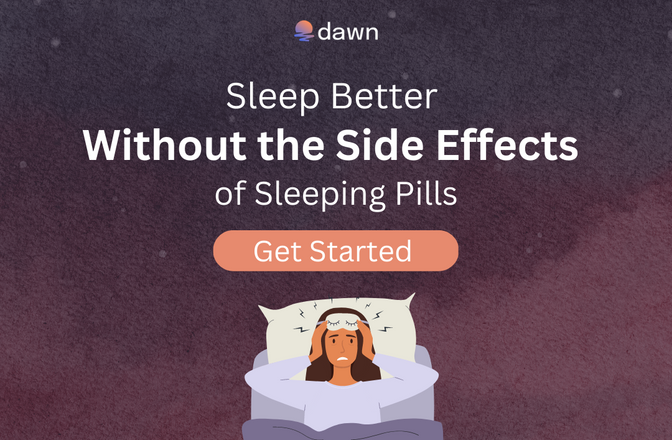Relaxium Sleep Side Effects
Relaxium Sleep Side Effects
Relaxium Sleep is a dietary supplement that is marketed as a natural sleep aid. It contains a blend of ingredients such as melatonin, GABA, and L-theanine, which are intended to promote relaxation and help with insomnia. While many people use Relaxium Sleep without any problems, there are some potential side effects to be aware of.
Transform your sleep and break the cycle of relying on sleeping pills. Focus on your well-being and schedule a consultation with a sleep therapist. CBT-I therapy has been scientifically proven to be a more effective solution for improving sleep compared to temporary fixes like sleeping pills. Embrace a brighter future with deeper, more restful sleep.
Possible Side Effects of Relaxium
One of the most common side effects of Relaxium Sleep is drowsiness. Because the supplement contains melatonin, which is a hormone that regulates sleep, it can make you feel sleepy during the day. If you experience this side effect, it's best to take the supplement at night, before bedtime, and not during the day.
Another potential side effect of Relaxium Sleep is an upset stomach. The supplement contains GABA, which is an amino acid that has a calming effect on the body. However, some people may experience stomach discomfort as a result of taking GABA. If this happens, you should try taking the supplement with a meal or reducing the dosage.
Headaches are also a possible side effect of Relaxium Sleep. This is likely due to the L-theanine, which is an amino acid that is found in tea leaves. L-theanine can cause headaches in some people, especially if they are sensitive to it. If you experience headaches after taking Relaxium Sleep, you may want to try reducing the dosage or switching to a different sleep aid.
Allergic reactions are also a possible side effect of Relaxium Sleep. Some people may be allergic to one or more of the ingredients in the supplement, such as melatonin, GABA, or L-theanine. If you experience hives, itching, or difficulty breathing after taking Relaxium Sleep, you should stop using the supplement and seek medical attention immediately.
In rare cases, Relaxium Sleep may also interact with certain medications. Melatonin, for example, can interact with blood thinners, antidepressants, and birth control pills. If you are taking any medications, it's important to speak with your doctor before taking Relaxium Sleep.
It's also important to note that Relaxium Sleep is not intended for use by children under the age of 18, pregnant or nursing women, or people with a history of depression or seizure disorders.
Overall, Relaxium Sleep is generally considered safe for most people when used as directed. However, as with any dietary supplement, it's important to be aware of the potential side effects and to speak with your doctor before taking it. If you experience any side effects that are severe or persistent, you should stop taking the supplement and seek medical attention.

Final Thoughts
Relaxium Sleep is a dietary supplement that is marketed as a natural sleep aid. It contains a blend of ingredients such as melatonin, GABA, and L-theanine, which are intended to promote relaxation and help with insomnia. However, Relaxium Sleep also has potential side effects such as drowsiness, upset stomach, headaches, allergic reactions and interactions with certain medications. It is not intended for use by children under the age of 18, pregnant or nursing women, or people with a history of depression or seizure disorders. Always consult with your doctor before taking any dietary supplement. And if you're over taking pills to sleep, learn about proven sleep therapy you can access right from your phone to sleep better permanently.
See if Sleep Therapy is Right For You
A Sleep Therapist Can Help: A Permanent Sleep Fix
Cognitive behavioral therapy for insomnia (CBT-I) is a natural, side-effect-free sleep treatment. It involves relearning your sleep habits and addressing issues that are getting in the way of quality sleep. Studies show that CBT-I works as well as or better than sleep medications and that its effects last after the treatment is done.1
Fill out Dawn Health’s questionnaire to get started with CBT-I right from your phone or computer — no in-person visits necessary. Quality, natural sleep is possible when you embark on a CBT-I treatment journey.
Software Engineer & Sleep Enthusiast
It’s time to stop blaming the night monsters.
Let’s work together to transform your sleep for the better.